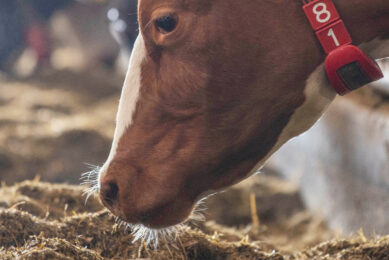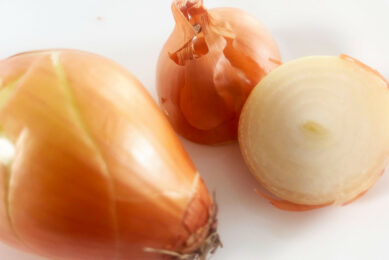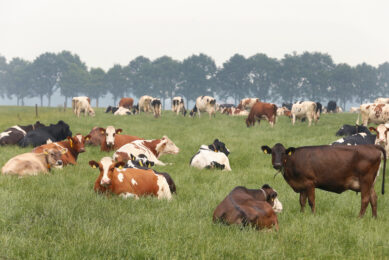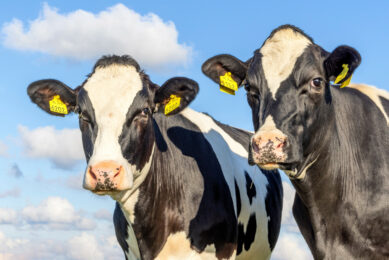Serbia: Methane-reducing feed additive based on brown algae
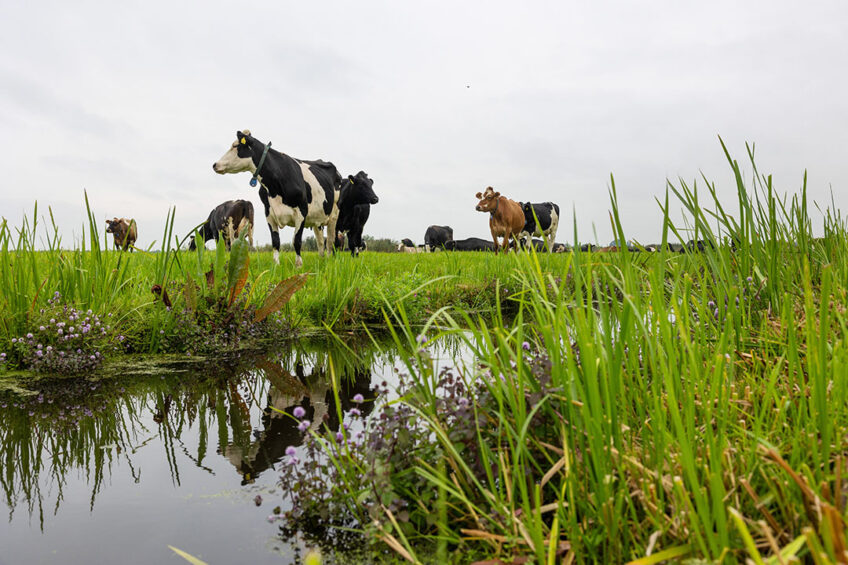
A group of Serbian scientists from the Faculty of Veterinary Medicine of Belgrade University have developed a feed additive based on brown algae, which they claim lowers methane emissions of dairy cattle by 41-46%.
As the scientific community looks to tackle methane emissions, the livestock population is shrinking across Europe, says Željko Pantić, one of the authors of the study.
The researchers found that by using some nutritional supplements, such as brown seaweed, garlic, and tannins, it is possible to modulate metabolism and reduce methane emissions without having a major impact on milk production or animal health.
The scientists stated that brown seaweed showed the most favourable results in fighting methane emissions among all the options tested during their research.
Properly calculating the emissions
One of the main challenges when studying ways of lowering the methane problem in dairy cattle is to accurately calculate emissions. “Measuring the methane emitted by cows is not a simple undertaking at all,” commented Pantić.
A common method is using respiratory chambers, in which exhaled air from animals is collected. The main disadvantage of this method is that the animals need to be accustomed to being in chambers, where their movement is limited. Besides, considerable work is required, Pantić added.
However, despite some challenges, this method can accurately measure methane emissions and is considered a common method. But there are other options on the table, including a laser methane detector, which the scientists from the Faculty of Veterinary Medicine of Belgrade University used in the experiment.
Tackling methane
The researchers expressed hopes that their findings would help tackle the methane emission problem in the dairy sector. “Cows are incredibly valuable animals for the global food chain,” Pantic emphasised.
The scientists, however, have not provided any additional details about the developed algae-based additive and plans to commercialise their findings.
Join 13,000+ subscribers
Subscribe to our newsletter to stay updated about all the need-to-know content in the dairy sector, two times a week.



